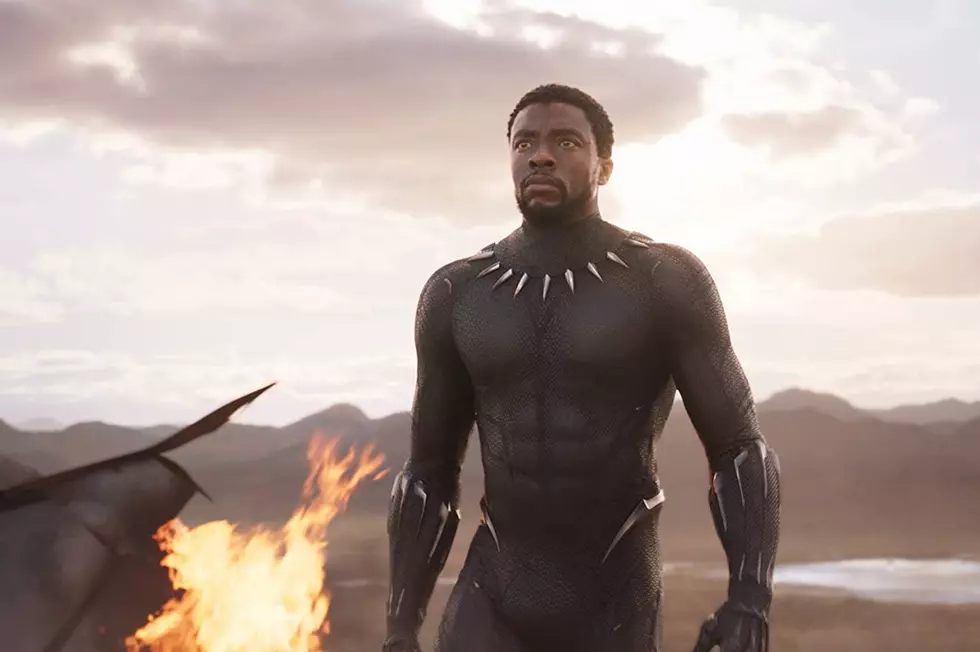
Gene Luen Yang To Comic Creators: Don’t Let Fear Stop You From Writing Diverse Characters
In a speech at the National Book Festival at the Library of Congress last weekend, The Shadow Hero writer Gene Luen Yang threw down the gauntlet.
Yang challenged comics creators to overcome their fears of bring criticized for inaccurately portraying characters who are different from them -- in terms of race, gender, or other identifying factors. In brief, he told writers to do some research and get it right, but first and foremost to step outside themselves.
Here's a brief excerpt:
We’re afraid of writing characters different from ourselves because we’re afraid of getting it wrong. We’re afraid of what the Internet might say.
This fear can be a good thing if it drives us to do our homework, to be meticulous in our cultural research. But this fear crosses the line when we become so intimidated that we quietly make choices against stepping out of our own identities.
After all, our job as writers is to step out of ourselves, and to encourage our readers to do the same.
Yang spoke at length about how the late Dwayne McDuffie, whose work shaped comics and comics-related media greatly over the past 20 years or so, was inspired by the character of the Black Panther, who was created by two Jewish men, Jack Kirby and Stan Lee.
"What struck him was the character’s commanding sense of dignity," Yang said. "The Black Panther wasn't anyone’s sidekick. He wasn't an angry thug. He wasn't a victim. He was his own hero, his own man. As Dwayne describes it, 'In the space of 15 pages, black people moved from invisible to inevitable.'"
Yang's entire speech, which has been transcribed on The Washington Post's website, is absolutely worth reading, but here are a few of his tips for writers who are writing about different cultures from their own:
I believe it’s okay to get cultural details wrong in your first draft. It’s okay if stereotypes emerge. It just means that your experience is limited, that you’re human.
Just make sure you iron them out before the final draft. Make sure you do your homework. Make sure your early readers include people who are a part of the culture you’re writing about. Make sure your editor has the insider knowledge to help you out. If they don’t, consider hiring a freelance editor who does.
Also, it’s okay if stereotypes emerge in the first drafts of your colleagues. Correct them – definitely correct them – but do so in a spirit of generosity. Remember how soul-wrenching the act of writing is, how much courage it took for that writer to put words down on a page.
And here's his closer:
"Let your fear drive you to do your homework. But no matter what, don’t ever let your fear stop you."
More From ComicsAlliance









